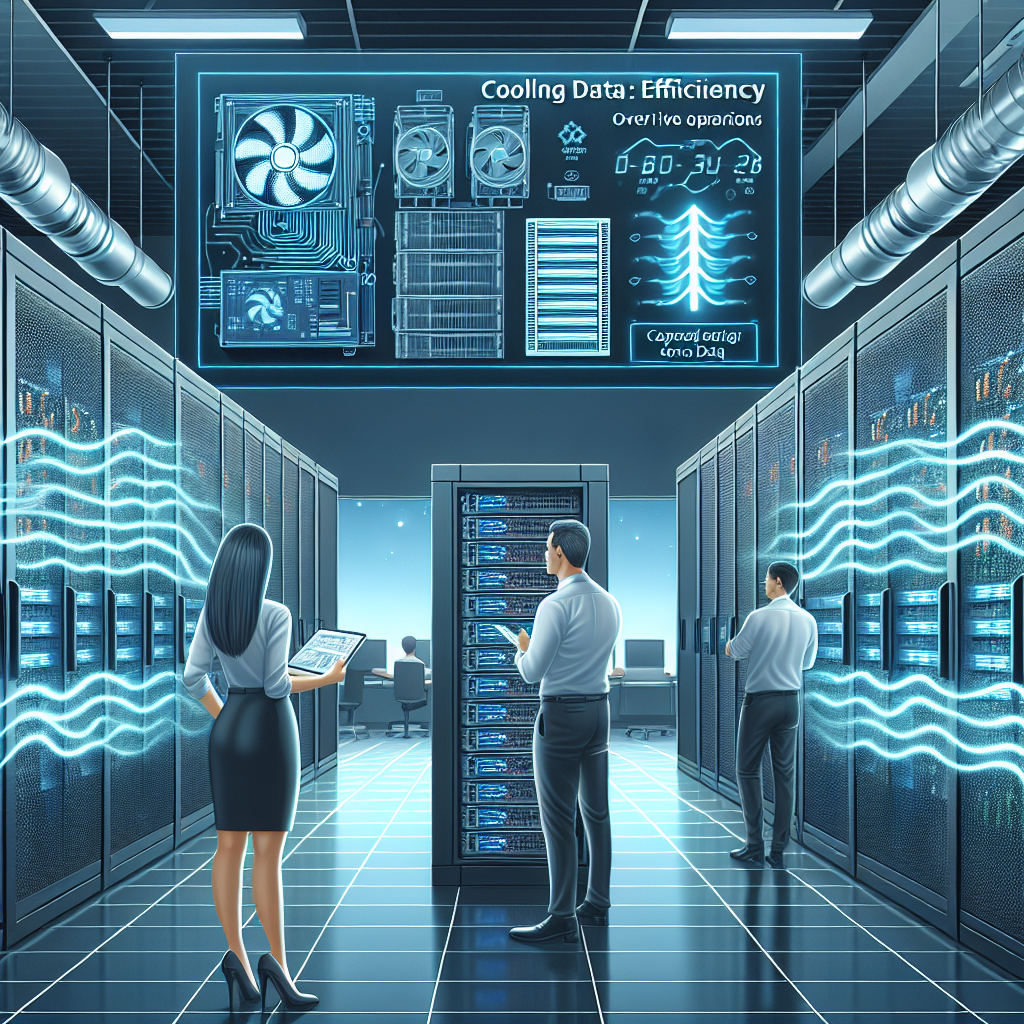Your cart is currently empty!
How Data Center Cooling Efficiency Impacts Overall IT Operations

In today’s digital age, data centers play a crucial role in the operations of businesses and organizations. These facilities house the servers, storage, and networking equipment that support a wide range of IT services, from email and websites to cloud computing and big data analytics. With the increasing demand for data processing and storage, data centers are becoming larger and more complex, leading to significant energy consumption and heat generation.
One of the key challenges that data center operators face is keeping the equipment cool to prevent overheating, which can lead to system failures and downtime. Heat is a natural byproduct of the operation of IT equipment, and as data centers become more densely packed with servers and storage devices, managing heat becomes increasingly challenging. This is where data center cooling efficiency comes into play.
Data center cooling efficiency refers to the ability of a data center’s cooling system to remove heat from the IT equipment effectively and maintain an optimal operating temperature. A well-designed and properly maintained cooling system is essential for ensuring the reliable operation of data center equipment and preventing costly downtime.
There are several factors that can impact data center cooling efficiency. These include the layout and design of the data center, the type of cooling system used, the location of the data center, and the climate in which it is located. For example, data centers located in warmer climates may require more robust cooling systems to maintain optimal operating temperatures.
The impact of data center cooling efficiency on overall IT operations cannot be overstated. Inefficient cooling systems can lead to hot spots within the data center, which can cause equipment to fail prematurely and reduce its lifespan. In addition, inadequate cooling can lead to increased energy consumption, as cooling systems have to work harder to maintain the desired temperature. This can result in higher operating costs and a negative impact on the environment.
On the other hand, a well-designed and properly maintained cooling system can improve the reliability and performance of data center equipment. By maintaining optimal operating temperatures, cooling systems can help prevent system failures and downtime, ensuring that IT services are available when needed. In addition, efficient cooling systems can help reduce energy consumption and operating costs, leading to a more sustainable and cost-effective operation.
In conclusion, data center cooling efficiency plays a crucial role in the overall performance and reliability of IT operations. By investing in efficient cooling systems and implementing best practices for cooling management, data center operators can ensure the reliable operation of their equipment, reduce downtime, and lower operating costs. As data centers continue to grow in size and complexity, the importance of cooling efficiency will only increase, making it essential for data center operators to prioritize cooling system design and maintenance.

Leave a Reply